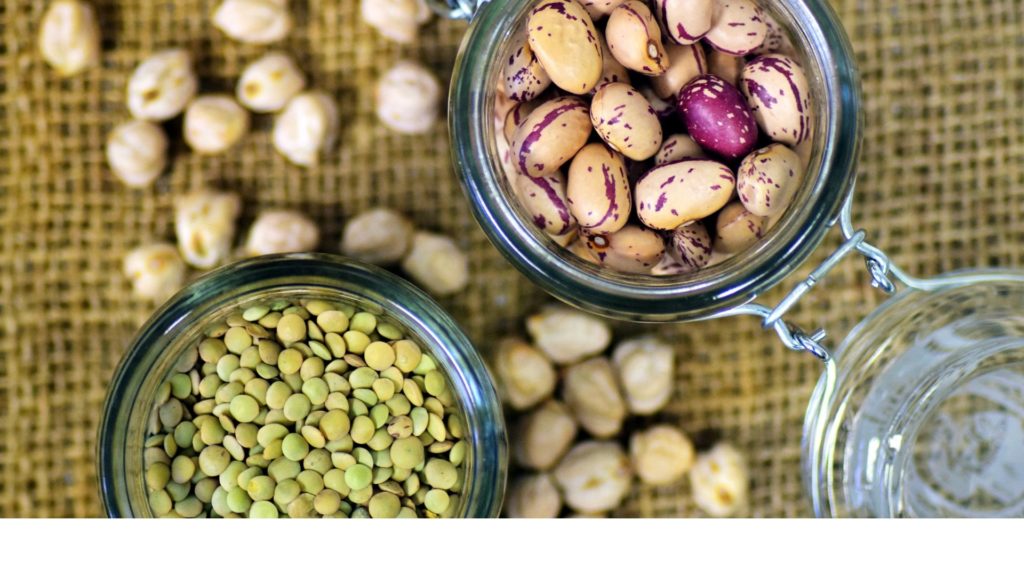Dietary Fiber in this case plays a double role in constipation. As it can relieve constipation, it can also be responsible for this disorder. So what you need to do is to pay attention to the amount of fiber you eat a day.
What’s Constipation ?
It’s the reduction of the frequency of bowel movements to less than three per week with a feeling of discomfort and sometime a pain at the time of bowel movement.
Constipation occurs when the volume of stools is very increased, and there are fewer intestinal contractions. And when you have less than 3 bowel movements per week, and you have a difficult and painful bowel movement, you’re likely constipated.
The number of bowel movements varies from one individual to another, from three bowel movements per day to three per week. Medical consultation may be necessary in cases of severe constipation.
What causes constipation?
1- Sedentary lifestyle
2- Reduced consumption of dietary fiber
3- Irritable bowel syndrome, or colopathies
5- Lack of water intake
6- Hormonal disorders
7- Taking certain medications, such as anti-inflammatory drugs, can slow down the peristalsis of the digestive tract.
8-As with diarrhea, intense emotions, such as anxiety or stress, can also cause constipation. Sometimes the anal sphincter, the muscle of the anus, contracts instead of relaxing and therefore no longer allows the evacuation of stools, which accumulate in the rectum. The reasons are often linked to psychological factors.
9- Malaxophobia is, for example, a psychological fear of having diarrhea and not being able to hold it in while finding a toilet. This fear can delay or even stop defecation
Is Eating Too Much Dietary Fiber Can Cause constipation?
Yes, if you consume too much dietary fiber, it can become an enemy instead of a friend. Excess is always contraindicated. Not only in food. Neither excess nor less.
How can dietary fiber cause constipation?

Simply put, dietary fiber is divided into two types: soluble fiber and insoluble fiber. Soluble fiber can reabsorb water and increase stool volume.Also, it will be fermented in the colon that is why we must consequently have some gas and flatulence.
And by eating enough dietary fiber ( and not excess) , we will have a good intestinal transit thanks to the contraction of our intestines caused by this fermentation (when the colon moves well there is a movement that allows a good transit). There are two particular cases where fiber can be responsible for constipation.
1- When we eat little or no fiber
The dietary fiber so more than previously the insoluble fiber, it makes reabsorb water and soften the stool. Therefore they are responsible for a good intestinal transit.Therefore, if we eat little or no of this dietary fiber, we will have problems with intestinal transit like constipation.
2- When We eat Too much fiber
If you eat excess dietary fiber, especially soluble fiber, it will increase the volume of your stool in excess.
In addition, there will be more fermentation in your colon, therefore more gas and more flatulence. Then the colon will be affected by this strong fermentation leading to strong contraction, which will induce a state of weakness of your colon (disturbance of its movement).
So in this case when your colon is weakened, there will be much less contraction, and with the volume of stool very increased, you will have constipation.
Where is the soluble fiber?
- Dry chestnut (5g of cellulose/ 100g!!)
- Dry almonds
- Pineapple
- Inshell peanuts
- Asparagus
- Avocado
- Oats
- Banana
- Blackcurrant (3g of cellulose/100g)
- Cabbage
- Chickpeas
- White and dry beans
- Lentils
- Quince ( 4.2g / 100g!)
- Shallots
- Onions
- Turnip
What is the solution for constipation?
In this case I recommend that you stop or reduce your fiber intake (especially foods rich in soluble fiber) and increase your intake of soluble fiber for 15 days and wait for the result. If you still have constipation, continue at the same rate for one week.
The so-called “insoluble” fibers, found in many foods, composed of pectins and gums, among others, are partially digested by the body.
These insoluble fibers are interesting for the proper functioning of the intestinal transit. When food passes through the digestive system, these soluble fibers reduce the absorption of cholesterol, lower blood sugar, and increase the feeling of satiety.
Here are the foods richest in soluble fiber:
- Apple
- Pear
- Orange
- Strawberries
- Grapefruit
- Figs
- Carrots
- Oatmeal
- Flaxseed
- Prunes
- Dates
- wheat, barley
- Artichoke
- Sweet potato
Improuve Your Transit!
To make defecation easier, you can also use a step on the toilet. This allows you to get into a squatting position and relax your abdominal muscles and around your pelvis, making it easier to pass stool. Indeed, modern toilets are not really adapted to our anatomy.
By squatting, the colon is more compressed, which facilitates expulsion. It also unblocks the valve at the entrance to the rectum, which prevents proper defecation.
Let’s wrap it up
Constipation is a very common everyday problem. Even if mild, it can be a source of significant discomfort if it persists or it’s repeated.
There are three common cases in which dietary fiber can cause constipation: if you eat very little of it or not, if you eat it in abundance. Yes, many of my patients don’t know until now that eating too much fiber can cause bowel discomfort. So the solution is to implement the intestinal comfort diet for 15 days and observe the results.
If your constipation doesn’t go away with these tips, talk to a doctor. You can also find laxative treatments in pharmacies. However, if you take them over a long period of time and on a regular basis, this can lead to constipation. It’s best to seek advice from a doctor.
In the end, what I can tell you is that dietary fiber has many more advantages on our health, what you have to do is to favor the type of insoluble fiber and at the same time try to avoid soluble fiber for some time. Both are necessary, but soluble fiber is to be preferred in this situation. It should be consumed daily.
To know approximately how much you should eat, the recommendations say that you should eat about 38g of dietary fiber per day. Do not neglect dietary fiber because it has a great importance on your health. Respect this recommendation and eat enough fiber.
